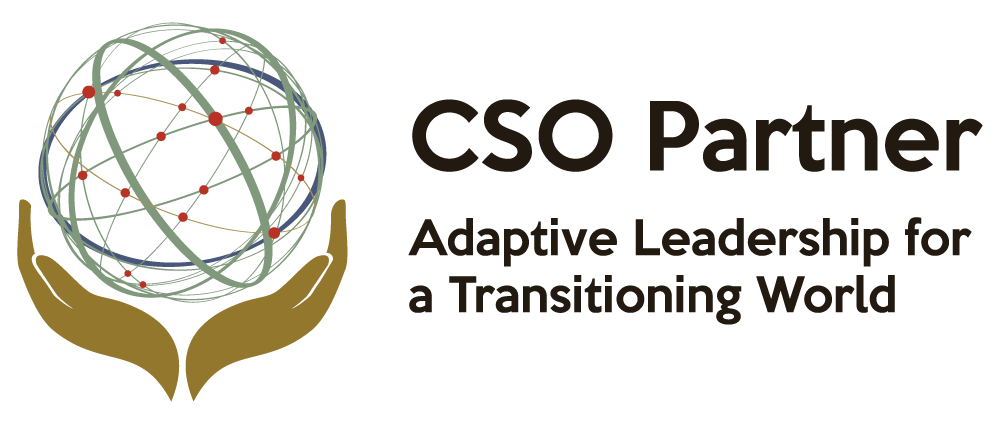Our collaborative hub of fractional CSOs fosters a dynamic exchange of insights, best practices, and cutting-edge research. We stay at the forefront of industry initiatives, academic research, and technological innovations. Our collective expertise allows us to offer unparalleled support to our clients, helping you not only respond to market demands but also shape the market itself.
As part of our fractional Chief Sustainability Officer (CSO) service, we maintain active memberships with all relevant industry associations, regulatory bodies, and climate-related professional networks. This means that your organization benefits directly from the latest insights, best practices, and policy developments—without the need for costly individual memberships or additional overhead. Through our network, you gain immediate access to exclusive reports, working groups, regulatory updates, and early signals of market shifts, allowing your sustainability strategy to stay ahead of the curve while keeping costs efficient and predictable.




Core Capabilities
Strategic Planning: Develop or refine a sustainability strategy aligned with your company’s values, goals, and industry best practices.
Risk Management: Identify and mitigate environmental and social risks that may impact the organization’s reputation, regulatory compliance, or operational efficiency.
Energy and Carbon Management: Master your energy and carbon footprint with your bespoke team of carbon engineers. From scope 1 & 2 direct emissions to the intricate consolidation of scope 3, alongside LCIA/LCA and GHG Protocol Compliant Reporting, we provide the foundation for accurate emissions factor modeling and observational accounting.
Data Management: Identify key factors to monitor, manage, and mitigate—ranging from financial stability and grid reliability to community resilience, extreme weather exposure, and insurance coverage with AI-driven identification framework. Evaluate emerging risk drivers, including the energy transition, digital transition, and local response capacity, to provide forward-looking insights.
Metrics and Reporting: Establish key performance indicators (KPIs) and implement measurement systems to track, report, and audit the organization’s progress toward environmental (e.g., GHG reduction targets, conservation, climate resilience), social (e.g., human rights protections and due diligence) and governance (e.g., DEI, anti-corruption) goals.
Regulatory Compliance: Stay abreast of evolving environmental and social laws and regulations, ensuring the organization remains compliant and can proactively address changes in legislation.
Stakeholder Engagement: Build relationships with key stakeholders, including customers, investors, employees, and communities, to foster transparency and communication on sustainability initiatives.
Employee Education: Implement educational programs to raise awareness and build a culture of sustainability within the organization, empowering employees to contribute to the company’s sustainability objectives.
Thought leadership: Actively shape and influence the discourse on sustainable business practices by contributing to industry dialogues, sharing innovative insights, and inspiring others to add value to the world within which we operate.
Story-telling: Develop holistic creative strategies that cultivate customer centric brand transformation.
Employee Wellness: Develop integrative lifestyles by connecting your employees’ health with seasonal and healthful eating, cuisine, craft, culture, and nature to achieve sustainable, optimal, and autonomous health and wellbeing.
Benefits
Cost-Effective: Companies can access top-tier sustainability expertise without the financial commitment of a full-time executive and Sustainability Office.
Flexible: The fractional CSO adapts to the organization’s needs, scaling their involvement based on changing needs or strategic directions.
Specialized Knowledge: Bringing in a fractional CSO and, where desired, Sustainability Office specialists allows the organization to tap into specialized knowledge and experience in sustainable business practices.
Objective Perspective: External sustainability experts can provide a fresh and unbiased perspective, offering insights that internal stakeholders might overlook.
Access to Networks and Resources: We bring a wealth of connections, including industry initiatives and academic institutions, providing access to a broader range of resources and collaborative opportunities.
Adaptability: With expertise in the many dynamic aspects of sustainability – from technological advancements to shifting societal expectations – we can help you quickly adapt to your changing operating environment to maintain or improve your market position.

